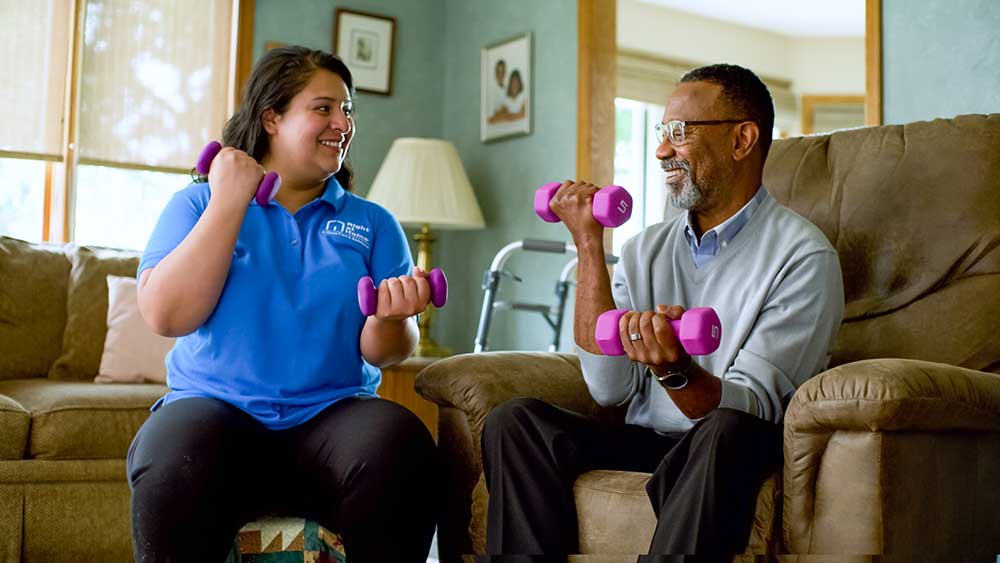

All Eyes on Supplements and Herbs for Better Eye Health
Many say that a person’s eyes are windows into their soul. But few realize a person’s eyes can also be windows into their overall health. The eyes can be an early warning system indicating health problems. Vision symptoms can be an early warning sign of a stroke, for example. High blood glucose levels and high blood pressure can cause damage to blood vessels in the eyes, which can be seen during an eye exam.
Are you taking a proactive approach to protecting your vision from eye conditions such as cataracts or macular degeneration? While a well-balanced diet can help safeguard your eyesight, you may also want to consider medicinal supplements and herbs proven to boost eye health beyond food alone.
At your next doctor appointment, ask your physician about some of these herbs and supplements known to improve eye health.
Medicinal Herbs
Eyebright, contained in teas, tinctures and homeopathic eye drops, is traced to the 14th century as a cure for widespread eye maladies, reducing inflammation and infection.
Fennel has been found to be helpful for watery and inflamed eyes, and is used to treat cataracts and glaucoma.
Ginkgo (ginko biloba) improves blood flow to the back of the eye; as an antioxidant, it protects nerve cells throughout the eye and body.
Gou qi zi (wolfberries) is one of many traditional Chinese herbs for eye health. The red diamond-shaped berry is known to improve eyesight, moisten dry eyes, and prevent macular degeneration and diabetic retinopathy.
Grape seed extract is good for overall eye health because of its antihistamine and antioxidant properties, and it is rich in phytochemicals.
Green tea is chocked with vitamins C and E, lutein, zeaxanthin, and antioxidants to help guard eye tissues from glaucoma and other diseases.
Ju hua (chrysanthemum flower) is rich in beta-carotene and B vitamins and has proven beneficial for watery eyes, spotty vision and blurred vision.
Mi meng hua (buddleia), and its flower buds in particular, helps alleviate light sensitivity, dim eyesight and extra eye secretions. Medical studies note that buddleia helps protect against cloudiness and eye lens damage.
Saffron is a kitchen herb that may delay degeneration of eyesight among the elderly.
Nutritional Supplements
Many of these eye-supportive nutrients are already in multivitamins and natural food sources, including leafy green vegetables, fruits, eggs, meats, fish and nuts. Check your daily vitamin to see what might be missing.
Alpha-lipoic acid is an antioxidant that helps reduce eye cell damage and cataract risk.
Beta-carotene, a pigment in plants, helps with the production of vitamin A and can lower the risk of macular degeneration, stroke and other diseases of older age.
Folic acid is a B vitamin that when deficient, can lead to deterioration of the optic nerve.
Lutein, derived from eggs and leafy green vegetables, lowers the risk for cataracts and macular degeneration.
Omega-3 fatty acids, found in salmon, herring, tuna and a number of cold-water fish, are linked to healthy visual development and retinal function. Omega-3s also help regulate intraocular pressure.
Selenium is a mineral with anti-oxidizing properties that shield cells from damage. Walnuts and enriched breads and rice provide dietary selenium.
Vitamin A helps maintain clear, sharp vision and reduces the risk of night blindness.
Vitamin B1 (thiamine) reduces inflammation, and there is evidence that when taken with other vitamins, this may reduce your risk of getting cataracts.
Vitamin C as an antioxidant helps lower the formation of cataracts and helps reduce the risk for glaucoma and age-related macular degeneration.
Vitamin E has proven to slow cataract growth and is naturally found in nuts and leafy green vegetables.
Zeaxanthin appears in high concentration in the macula of the eye and is believed to help block damaging blue light from reaching the inner structures of the retina.
Zinc at appropriate levels strengthens retinal cells and helps prevent blindness from macular degeneration.
It is important to note that getting too much of a micronutrient, mineral or herb can cause health problems and interact with prescription medications. Before taking any dietary supplement or herb, always check with your doctor first.
Right at Home’s professional in-home caregivers provide services that support both the physical and emotional health of senior clients. Our screened and trained caregivers understand the importance that everyday health reminders, including medication reminders, play in the health and well-being of seniors. Use our location finder to contact your local Right at Home and ask for a FREE in-home consultation.
If you’d like to receive ongoing information, advice and support for healthy aging, subscribe to our Caring Right at Home e-newsletter today.
This has been updated from an original article dated April 3, 2017.







